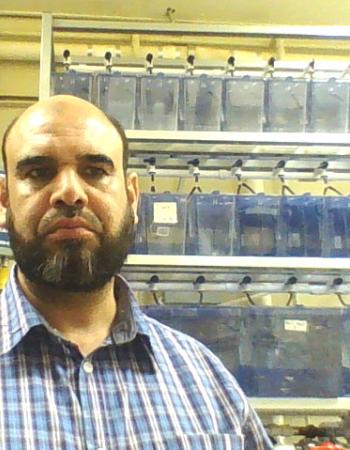zoo 242 Cell Biology and physiology
Cell biology explores the fascinating and diverse world of cells, from single-celled micro-organisms to the specialized cells that form complex tissues in plants and animals.
It develops the key aspects of cell and molecular biology. The origins of cells and the generation of cell diversity, as well as the common features of cellular structure and function – how they obtain energy, synthesize new molecules, communicate, proliferate and survive – are explored.
Cell physiology is the branch of science that studies the structure and function of individual cells. Our increasing knowledge and understanding of cellular mechanisms and processes have led to great advances in all areas of biology and medicine. In this physiology course you will be introduced to the main topics in cell physiology such as the major components of a typical animal cell. You will learn about the mechanisms behind cell growth and multiplication, about the movement of substances into and out of cells, how energy is processed within the cell, and how and why cells maintain an electrical charge across their membranes called membrane potentials. This cell physiology course will also introduce about the key concepts about Stem cell and programmed cell death. This course be of great interest to students who would like to learn more about the structure and function of cells, and to all students of biology and medicine who would like a greater knowledge and understanding of the mechanisms and processes involved in cell physiology.
LEARNING OUTCOMES
Learning outcomes - On completing the course the student will be able to: - Define cellular physiology; - Explain the basic structure and functions of the cell; - Describe the main differences between prokaryotic and Eukaryotic cells. Describe the structure and functions Cellular organelles, the structure of biological membranes and how the material transport through a biological membranes. How prokaryotic and Eukaryotic cell divides, and main events of mitosis and meiosis cell divisions. The students will be able to learn various checkpoints in cell cycle and how the cancer cell overcome these checkpoints to proliferate. The students will also be able to learn apoptotic pathways and also the basic concepts in Stem cells. Every lecture has been supported by audio visual aid (animations videos) and each lecture also contain a quiz to judge the learning level of students. .
Prerequisites
A strong familiarity with basic genetics, biochemistry and molecular biology as taught in the ZOO 103 (Principles of Zoology)
Textbook
- Lodish, et al. Molecular Cell Biology. 5th ed. New York, NY: W.H. Freeman and Company, 2003. ISBN: 9780716743668.
Chapters 1 through 4
- Biology Book by Jane Reece, Kelly A. Hogan, Lisa A. Urry, Martha R. Taylor, Michael L. Cain, Neil Campbell, Peter V. Minorsky, Robert B. Jackson, and Steven A. Wasserman Chapter 6, 7, 9,11, 12 and 13

